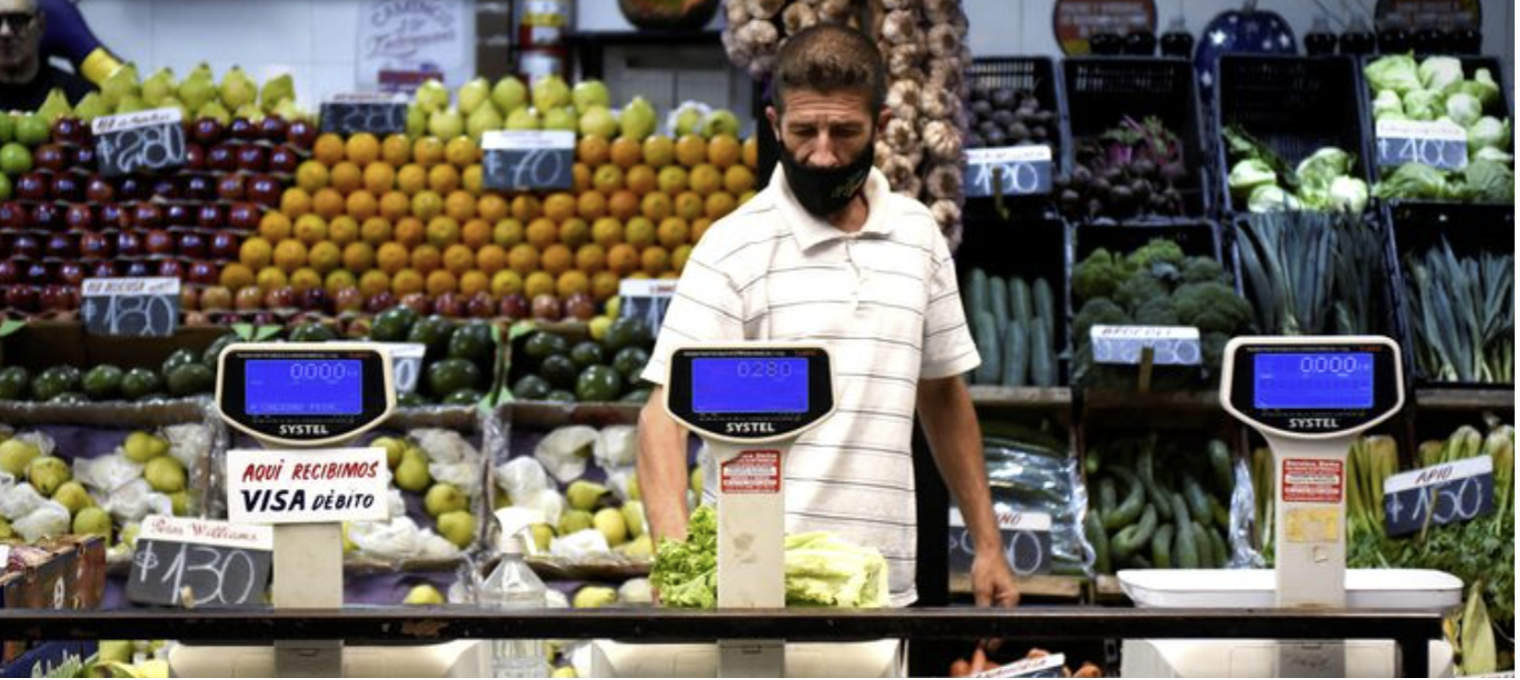Adoption in Argentina
Just a short time ago, the South American country Argentina began the 20th Century as one of the ten richest countries in the world.
Its ranking in the world wasn’t that bad, comparable to that of, say, Germany today.
It had a per capita income much higher than that of Japan and Belgium and comparable to that of France.
However, that was then, and this is now.
Argentina has turned into a banana republic where a government filled with incapable politicians has grounded the country.
How did this dramatic change come about?
Well, that’s for historians to debate and I’m not a historian, but let’s talk about the current, now, and present about the dire Argentinian financial situation.
Argentina’s annual inflation surged past 70% last month at one of the fastest rates in the world after renewed political turmoil fueled price spikes and a currency rout.
It even beat Turkey out in the inflation Olympics.
Consumer prices rose 71% in July from a year ago, the highest level in about 30 years, according to government data published Thursday.
Skyrocketing prices pushed Argentina’s central bank to lift rates earlier in the day by the most in three years, raising central bank rates by 9.5% to 69.5%.
It signaled a tougher monetary stance against inflation, following another large rate hike just two weeks ago. Policymakers had been only raising rates once a month previously.
All the political turmoil added volatility to an already unstable outlook, with the black-market peso losing about 15% of its value in the month and local businesses jacking up prices 20% overnight.
To signal a tougher stance on inflation, the central bank committed to stop printing more money to finance government spending — a key factor driving inflation — for the rest of the year. However, other policies, such as removing subsidies on utility bills to improve the fiscal balance, stand to keep price increases high in the near term.
Consensus has it that inflation could break the threshold of 100% by the end of the year.
I’m not going to champion Bitcoin and crypto as the greatest thing since sliced bread.
It’s not and it’s a work in progress.
There is still a high chance that this iteration of crypto isn’t the final version of what goes mainstream.
There are just too many variables to know what will happen.
However, Argentina and its financial situation is a country that is screaming to adopt Bitcoin.
Nominally, consumers start to really suffer psychological damage when inflation and prices start climbing 25% per year.
Anything past 30% is a time when crypto really needs to be looked at by Argentinians and whoever is in a similar situation in whatever country they are in.
The chaos down south shows what could become of irresponsible financial policy down the road to rich, Western countries.
The hard cold truth is that 9.1% inflation in the United States isn’t that bad.
The Rubicon will not be crossed at these levels.
I would argue that American consumers could easily handle inflation at 20%.
Granted, the upper-middle class will start shopping at Walmart (WMT) and the Walmart shoppers will start shopping at the dollar store, but Americans can handle it.
In a broad sense, the use case for Bitcoin is really starting to become attractive in countries like Argentina, because when the government throws fiat currency under the bus like the Argentinian government, there really is no alternative but Bitcoin.
9.1% inflation is nowhere near risky when other sovereign nations are close to 100% year-over-year.





